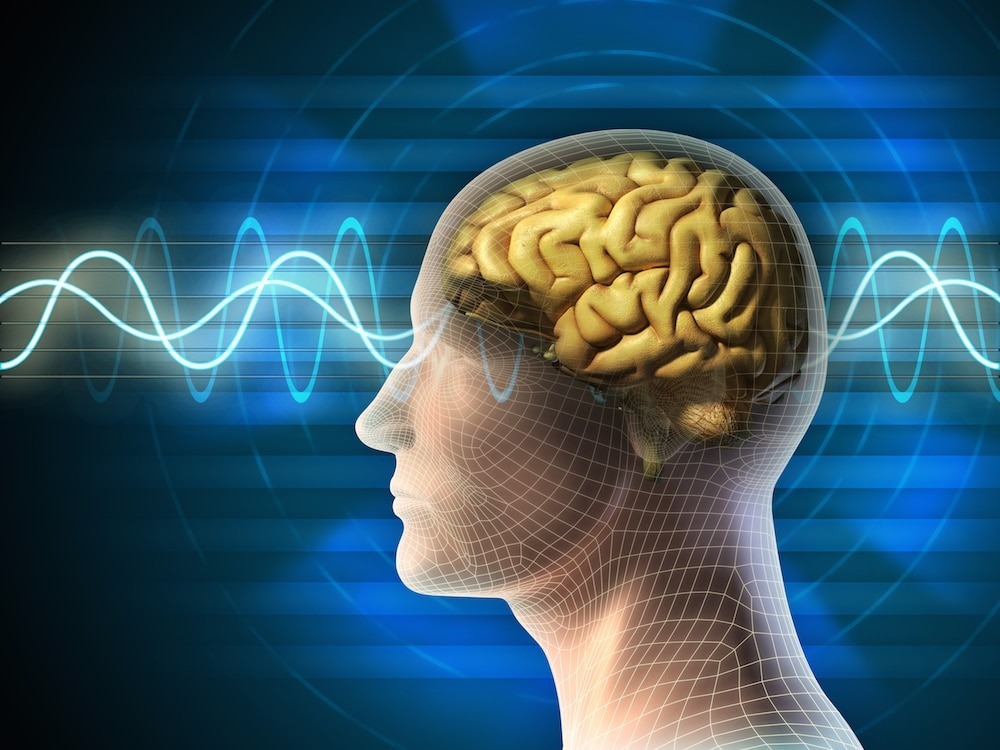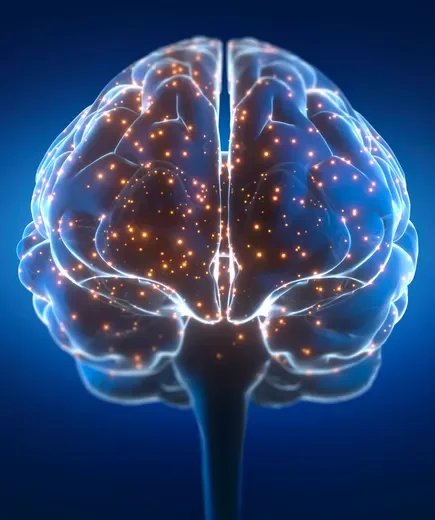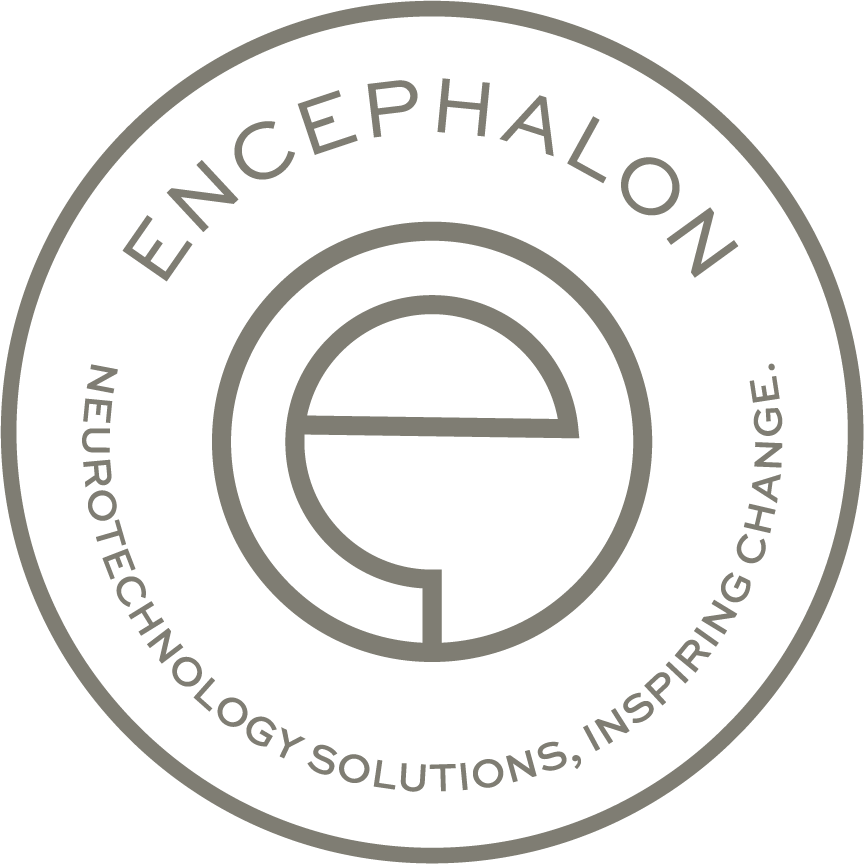Kasia is a trailblazer in the field of neurotechnology, known for her expertise in Neurofeedback and Quantitative Electroencephalography (QEEG). With a Bachelors Degree in Biological Sciences specialising in Neurobiology and a Master’s degree in Neurodevelopmental Disorders, she has cultivated a rare blend of scientific rigor and compassionate care. As one of the youngest Neurofeedback practitioners and lecturers in Europe, Kasia has already made a profound impact on the field, earning her recognition for her forward-thinking approach to brain health optimisation.
Her passion lies in finding solutions for individuals who have previously struggled to receive effective help. By leveraging advanced neurofeedback protocols and QEEG brain mapping, she identifies the unique neural patterns underlying cognitive and emotional challenges, offering personalized treatment plans that empower clients to achieve their full potential. Her commitment to this mission is both personal and professional, as she believes that no one should be left without hope for cognitive improvement.
Kasia is a sought-after speaker at conferences and seminars. Her ability to bridge complex neuroscience with accessible, real-world applications has established her as a thought leader in the field. Her lectures inspire not only seasoned professionals but also a new generation of neurotechnology practitioners.
Currently, Kasia is engaged in pioneering research on the neural correlates of Alexithymia and Autism, two conditions where emotional awareness and self-regulation are profoundly impacted. Her research aims to deepen the understanding of these conditions and create targeting interventions using neurotechnology that can provide long-awaited relief for those affected.
A dynamic blend of scientist, educator and compassionate problem-solver, Kasia continues to push the boundaries of what is possible with neurotechnology. Her work embodies a commitment to advancing the field while ensuring that every individual has access to the brain health support they deserve.








